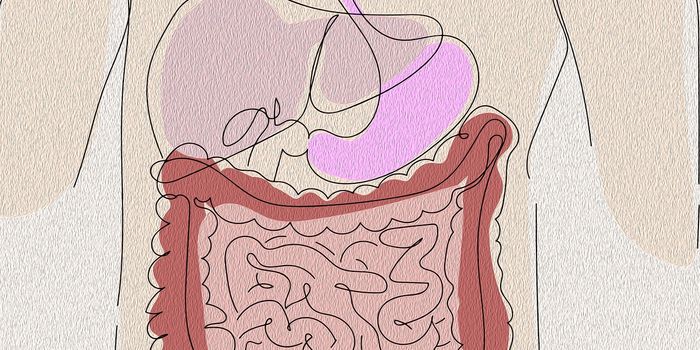How Cell 'Waste' Boosts Immune Cells' Fight Against Cancer
Just a few weeks ago, a report in Cell Metabolism showed that a chemical that is often thought of as a waste product released from cells, called lactate, can actually boost the function of immune cells. Another report in Nature Communications has now confirmed those findings, but in this study, the researchers showed that the addition of lactate can help immune cells fight cancerous tumors.
Lactate is a metabolic byproduct that is generated and released by some muscle cells during strenuous exercise. Whie lactate can be used as a fuel by some other cells, high levels of lactate can lead to muscle cramping after exertion. This new research has also suggested that lactate may also be useful as a boost to immunotherapy.
"The lactate that we usually think of as a waste product appears to have a previously unrecognized role in fighting cancer," said study co-leader Professor Jinming Gao, Ph.D., of UT Southwestern Simmons Cancer Center.
Lactate is also an ingredient in Ringer's solution, which is used as an intravenous treatment that can replenish fluids after blood loss caused by surgery, burns, or other trauma. Lactic acid, which is lactate with an added proton, has also been linked to cancer growth and immune system suppression, but the relationship has been unclear.
In this study, the researchers used mouse models of colon cancer and melanoma; tumors grow in these mice. Lactate injections were given to some of the mice while another group of mice was given glucose injections as a control. This showed that lactate, but not glucose, could reduce tumor growth significantly in mouse models of colon cancer and melanoma.
Next, the scientists repeated the experiment using mouse models in which T cells, which can fight tumors, were ablated. Lactate injections lost their tumor-reducing impact, suggesting that the lactate is working on T cells, and boosting their anti-tumor activity.
Tumors were not totally eliminated from the mice. But when the investigators added an immune checkpoint inhibitor, which is a type of immunotherapy that removes the brakes on T cells that can prevent them from battling cancer, tumors were gone in about half of the mice.
Additional work showed that lactate improved the impact of a cancer vaccine, as well as increasing an anti-cancer effect in T cells that were grown in culture and then injected into mice with tumors.
Single-cell RNA sequencing was applied to examine how the lactate affected T cells. This suggested that lactate makes T cells less exhausted, which can happen after a lengthy battle with a tumor.
Lactate might be useful as an immunotherapy supplement, Gao suggested. Exercise also increases lactate levels naturally, so it may have an anti-cancer effect, maybe through prevention or improving immune system function, added Gao.
Sources: UT Southwestern Medical Center, Nature Communications









